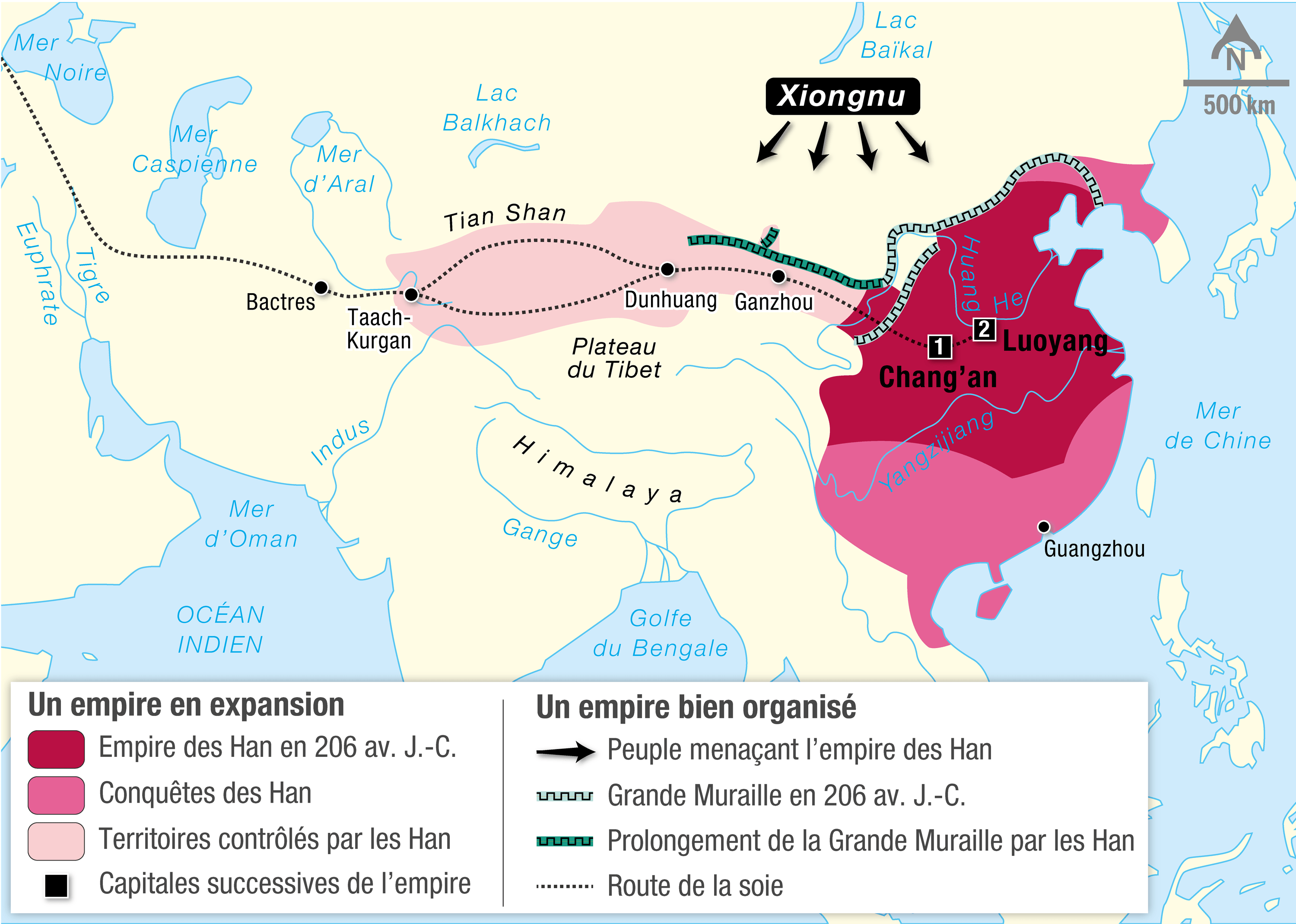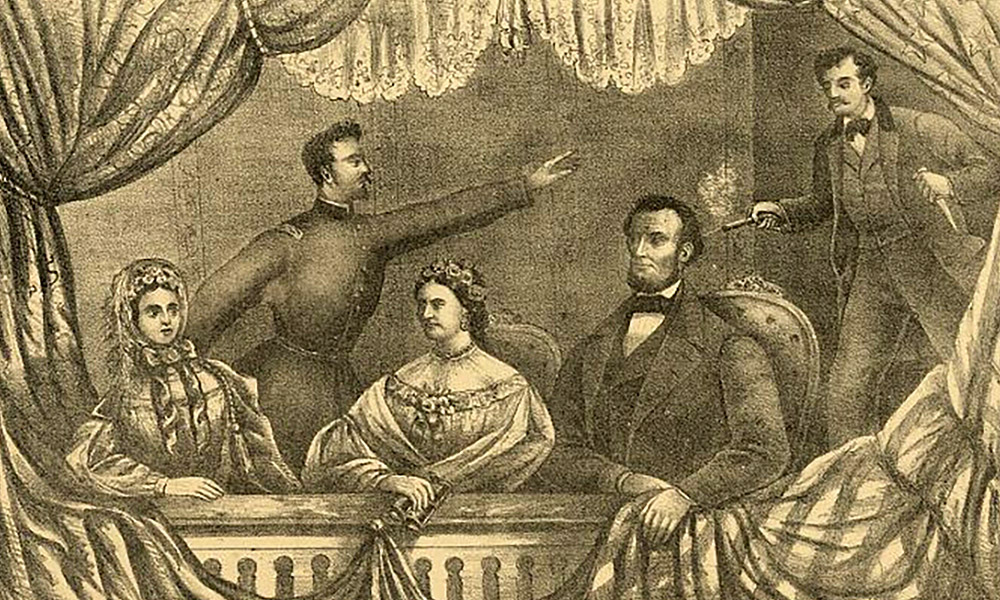Settling into Newtown
When I first moved to Accra from the UK in the mid-1990s, I made a conscious decision not to live with other expats in the capital. After doing some research, I chose to rent a place in Newtown, an area on the outskirts of the city where I would be the only white resident.
Newtown had a real community feel with people milling about and chatting in the evenings. The narrow streets had no street lights, so an atmospheric subdued glow came from the countless candles lighting up front yards and porches. As one of the few vehicles in the neighborhood, my old car stood out amongst the foot traffic.
Despite its modest setting, I always felt completely safe walking around day or night. The locals were incredibly welcoming and curious about the white stranger in their midst. Little kids would run up and insist on rubbing my skin in disbelief that a white person was not just a story. Their infectious joy and smiles made even mundane tasks like commuting a pleasure.

Commuting Adventures in the Capital
Getting around the city was always an adventure. Public transit was my main mode of transportation, whether squeezing onto crowded tro tros (localized mini buses) or riding packed full buses. Ghanaian commuters loved to chat and before I knew it, the whole vehicle would be singing hymns together.
The daily bus rides showed me lively glimpses into people’s lives beyond my own neighborhood. Whether market vendors returning home or families off to visit relatives, passengers chatted away making the time pass quickly. Drivers expertly navigated narrow city streets amid honking horns and pedestrians out buying supplies for the evening.
Adjusting to Life in a New Culture
Settling into life in such a different culture was an interesting process of adjustment. Small daily routines like going food shopping exposed me to vibrant markets packed with exotic fruits and vegetables I had never seen before. Street food stalls offered tempting snacks, though an iron stomach was needed until acclimating to new flavours and spices. Basic necessities required some creativity without access to familiar branded products. Laundry was washed by hand until finding someone who let me use their manual washboard. Electricity and water provisions could be sporadic in the urban outskirts, further emphasizing the resilience of the local people. Overall, Ghanaians’ friendly, welcoming nature made integration easy. Beyond superficial differences, human connections transcend divides. By opening myself up to new experiences without prejudgment, I gained wonderful friends and memories that have lasted a lifetime.
Exploring More Central Areas
As I became more familiar with the city, I ventured out to other neighborhoods gaining unique perspectives on life in Accra. In central areas like Osu, the colonial architecture, boutique shops and lively cafe culture catered to wealthier residents and expats. Nonetheless, locals dressed in traditional attire still greatly outnumbered foreign faces.
Crossing over to more residential areas such as East Legon, the tree-lined streets held spacious family homes set back from the road. Well-tended gardens bursting with tropical flowers contrasted with the narrow lanes of Newtown. Yet a similar spirit of community prevailed as neighbors gathered to chat in the evenings.
No matter the area, Ghanaians maintained their cheerful, outgoing personalities. Whether hailing a shared taxi along the road or stopping to greet acquaintances on the street, social interaction was a priority wherever I went. Such interactions gave glimpses into diverse lives across the diverse city.
Experiences in Other Iconic Neighborhoods
Two other neighborhoods left particularly strong impressions - Nima and Jamestown. Nima had a buzzing market atmosphere being home to one of Accra’s largest trading communities. Despite its high population density, the energy and entrepreneurship were inspirational. Locals stressed it was generally safe and certainly an economic hub. On the other hand, Jamestown carried historic gravitas as Accra’s first neighborhood. Narrow lanes wound between seaside buildings dating back to the colonial era. Nowadays fishing boats still offload their catches as they had for generations onto the sunny shore. Simple cafes and shops give the area authentic charm absorbing visitors into the past. In both places, Ghanaians demonstrated the resilience to overcome challenges through community support and hard work and preserve cultural heritage despite modern development pressures.. Overall immersing myself in Accra’s diversity deepened my understanding and appreciation for Ghanaian culture, people and pace of life.
Life Lessons from My Ghana Experience
Reflecting on my time living in Ghana, several aspects stand out as truly formative for personal growth. Stepping so far outside my familiar western culture pushed me to be more open-minded, adaptable and engaged with new peoples and places. Minor hardships were far outweighed by richness of experience and human connections.
Ghanaians’ ability to find joy even in little things each day is inspiring. Their hospitality, optimism and community ties strengthened my belief in humanity’s essential goodness. While external conditions may be basic, internal wellbeing does not rely on material wealth alone. These are lessons all people could benefit from remembering in our increasingly globalized world.
Settling into Accra life opened my eyes to both challenges and rewards of diversity. More than tourism, truly immersing myself in local communities and culture nurtured profound life lessons. To this day, Ghana holds a special place in my heart as a source of personal growth during formative early adulthood. I am deeply grateful for the warm welcome of its beautiful people. Their spirit of resilience, community and joy continue to guide me.

 Perspectives de Ouïghours sur les relations Han-Ouïghour en Chine
Perspectives de Ouïghours sur les relations Han-Ouïghour en Chine